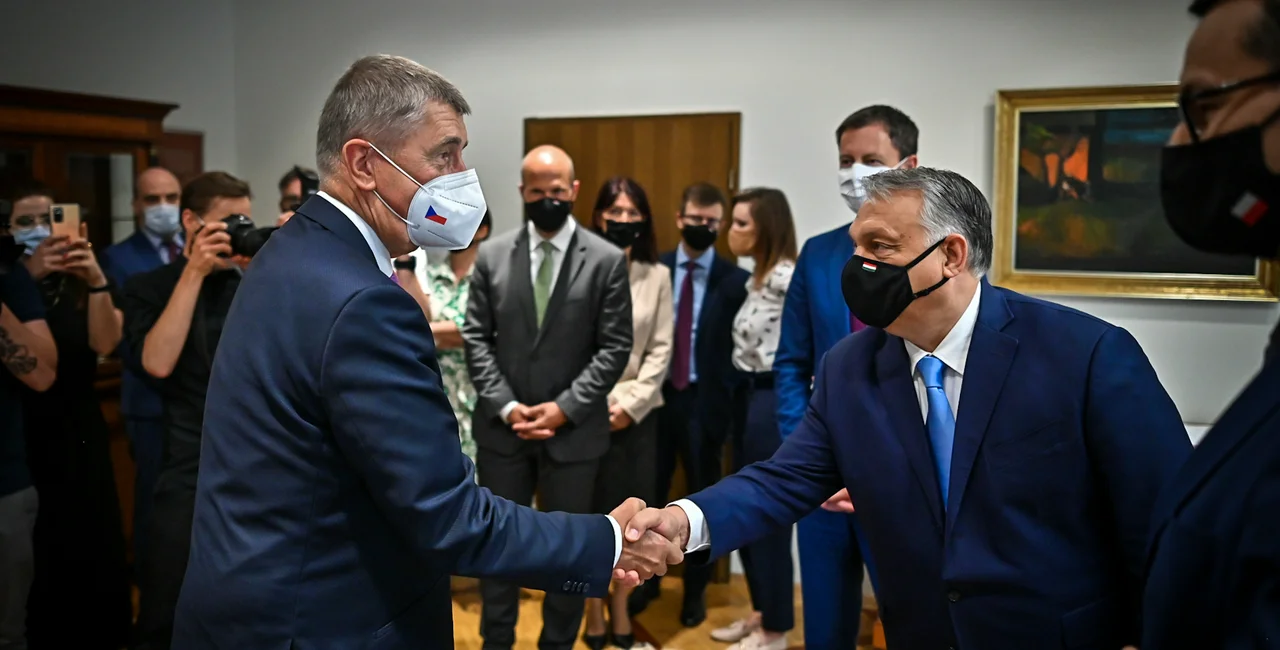Czech Prime Minister Andrej Babiš asked Hungarian Foreign Minister Péter Szijjártó to lend another 200,000 doses of Covid-19 vaccines to the Czech Republic, Babiš told journalists after a meeting of Visegrad Four prime ministers in Ljubljana on Friday.
The Visegrad Four is comprised of the Czech Republic, Slovakia, Poland and Hungary.
PARTNER ARTICLE
Previously, Hungary lent 140,000 vaccine doses to the Czech Republic.
Szijjártó has twice deliver the Pfizer vaccines, in total 140,950 doses, to Babiš in Prague. The Czech Republic must send back the same amount by the end of the year.
In April, vaccines were promised to the Czech Republic by Slovenia, Austria and Hungary.
They agreed on sending them after the Czech Republic had disagreed with a compromise distribution of an additional ten million doses within the EU. Due to this, the Czech Republic obtained fewer vaccines than if it would have if the country had agreed with the compromise.
The Government Office has said that along with routine deliveries of the vaccines from manufacturers in the EU, the Czech Republic has gained at least 300,000 additional doses.
Like Hungary, Slovenia and Austria have lent the additional doses, while Israel, Serbia and Slovakia have donated them.
Between last December and Thursday evening, 8,796,093 coronavirus doses were administered in the Czech Republic. Over 3.7 million Czechs have now completed their vaccination.
On Thursday, almost 91,000 people were vaccinated, 19,000 fewer than a week ago.
Babiš said the government was considering ways of motivating people who are reluctant to get vaccinated.
He said the government was examining the situation in other countries. Babiš pointed out Poland, where a lottery is used, and Greece, which gives 150 euros for accommodation and culture to the young people between 16 and 25 in exchange for their vaccination.












 Reading time: 1 minute
Reading time: 1 minute 
























